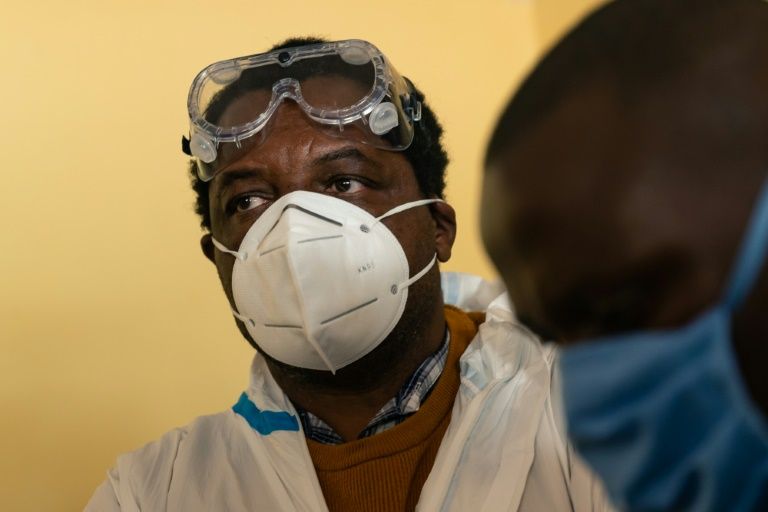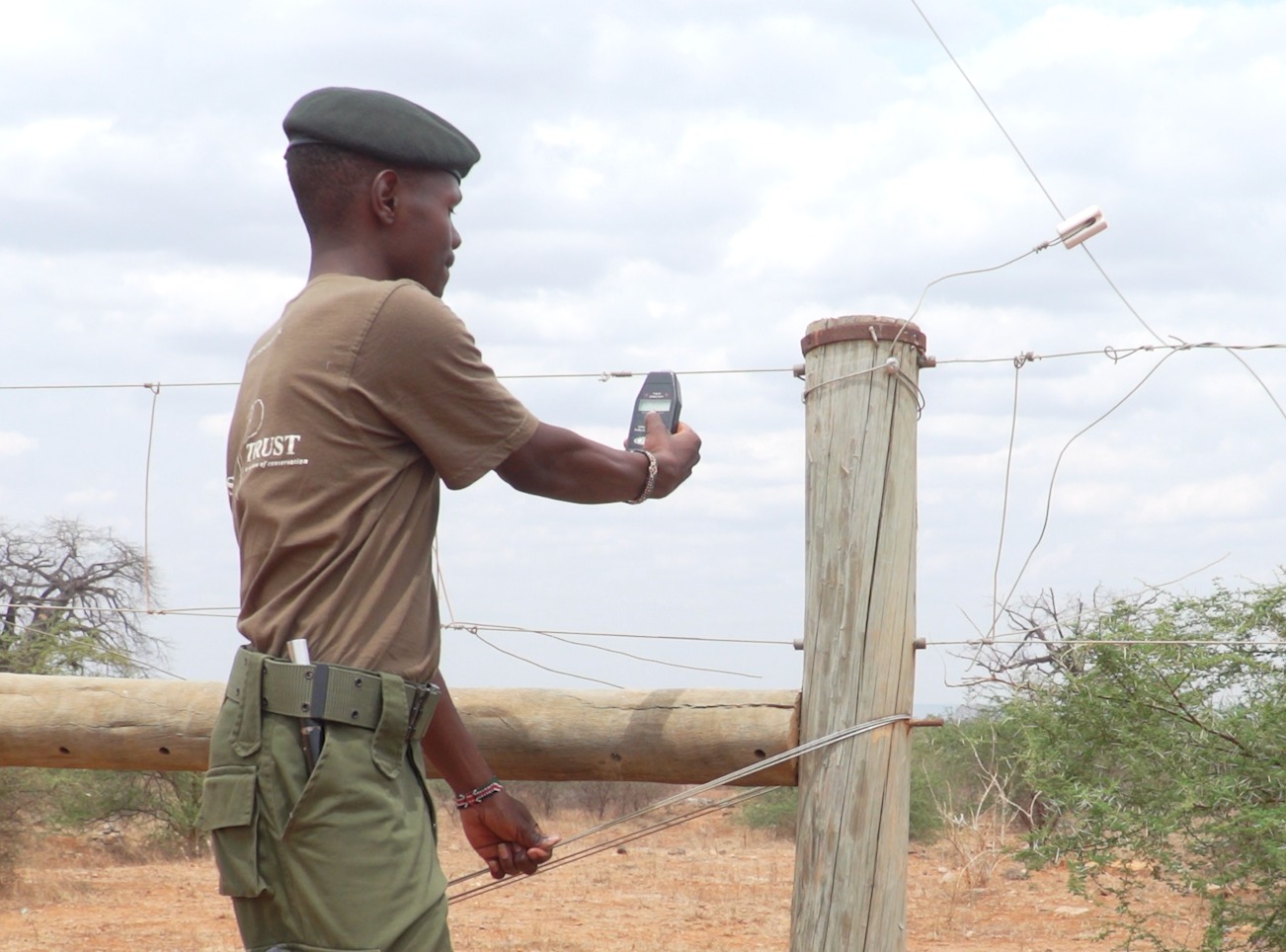
Zimbabwe says jailed journalist, politician plotted to topple government

Zimbabwe’s government on Saturday defended the arrests of an investigative journalist and an opposition leader this week, claiming the pair had been plotting to “overthrow the government” with the backing of the United States and other “foreign power”
Hopewell Chin’ono and Jacob Ngarivhume were arrested on Monday and charged with inciting public violence for their role in organising anti-government protests slated for July 31.
Ngarivhume — head of a small party named Transform Zimbabwe — had called for nationwide protests against alleged state corruption and the country’s ailing economy.
Chin’ono, an outspoken government critic, invited the public to join the demonstrations via Facebook and Twitter.
The journalist had also helped expose a multimillion-dollar corruption scandal involving the procurement of coronavirus supplies known as “Covidgate”.
In a statement on Saturday, the government said it wished to “set the record straight” on the arrests.
“(Chin’ono) was not arrested for exposing corruption,” said Information Minister Monica Mutsvangwa.
“He was arrested for using his social media accounts to incite Zimbabweans to violently overthrow the government.”
Mutsvangwa said the detainees landed behind bars for “their ploy to violently destabilise the country” and “unconstitutionally seize power”.
She accused “foreign powers” of taking part in “this plot”, noting that the US embassy had tweeted in defence of Chin’ono “within minutes” of his arrest.
“Other Western Embassies who usually take the USA’s lead joined in this irregular interference by tweeting and releasing statements which were calculated to obstruct the course of justice in a hosting country,” the statement said.
The US embassy was not immediately available for comment on the accusations.
Chin’ono and Ngarivhume have been denied bail and remanded in custody by the Harare Magistrates Court.
Both their lawyers said they would appeal the ruling.
Meanwhile, the July 31 protests were de-facto banned this week when President Emmerson Mnangagwa imposed a curfew and reinstated confinement measures to curb the spread of coronavirus.
The date will mark the second anniversary of Mnangagwa’s election, which was tainted by fraud accusations.
“The begging question is why call for a violent uprising in the midst of a raging and ravaging COVID-19 (outbreak)?” Mutsvangwa asked.
“Why can’t the American and Western embassies provide counsel to their regime change charges that this is not the hour to play dice with the lives of Zimbabweans?”
Critics say Mnangagwa has lead a growing crackdown on dissent since he took office, and failed to redress an economy crippled by years of mismanagement by his predecessor Robert Mugabe.
On Friday, the UN’s high commissioner for human rights warned Zimbabwe against using the coronavirus pandemic as a cover to curb political demonstrations.
To date the southern African country has reported just 2,296 coronavirus cases and 32 deaths, although numbers are suspected to be underestimated due to lack of testing capacity.






